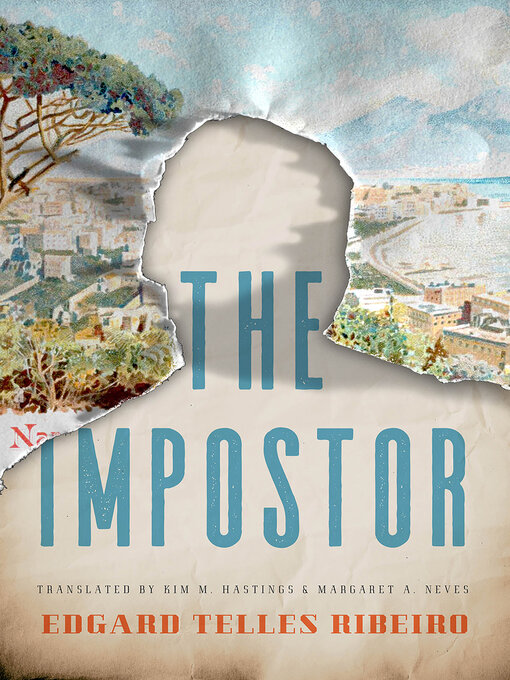Two exquisite novellas on memory, perception, and shifting intimacies
In "The Impostor," a man travels with his wife through Italy and recalls a family legend about an uncle who was swallowed by Mt. Vesuvius. Preoccupied by this mysterious event, he grapples with the fallibility of memory and the enigma of time. In "Blue Butterflies of the Amazon," a matriarch, rendered mute and paralyzed by a stroke, defenselessly observes the shifting dynamics between her only son, his wife, and her husband while they play out their complex intimacies before her.
As the characters of The Impostor wander between worlds and states of mind, Edgard Telles Ribeiro elucidates their situations in surprisingly inventive ways that explore devastating questions of reality, consciousness, and loss.


